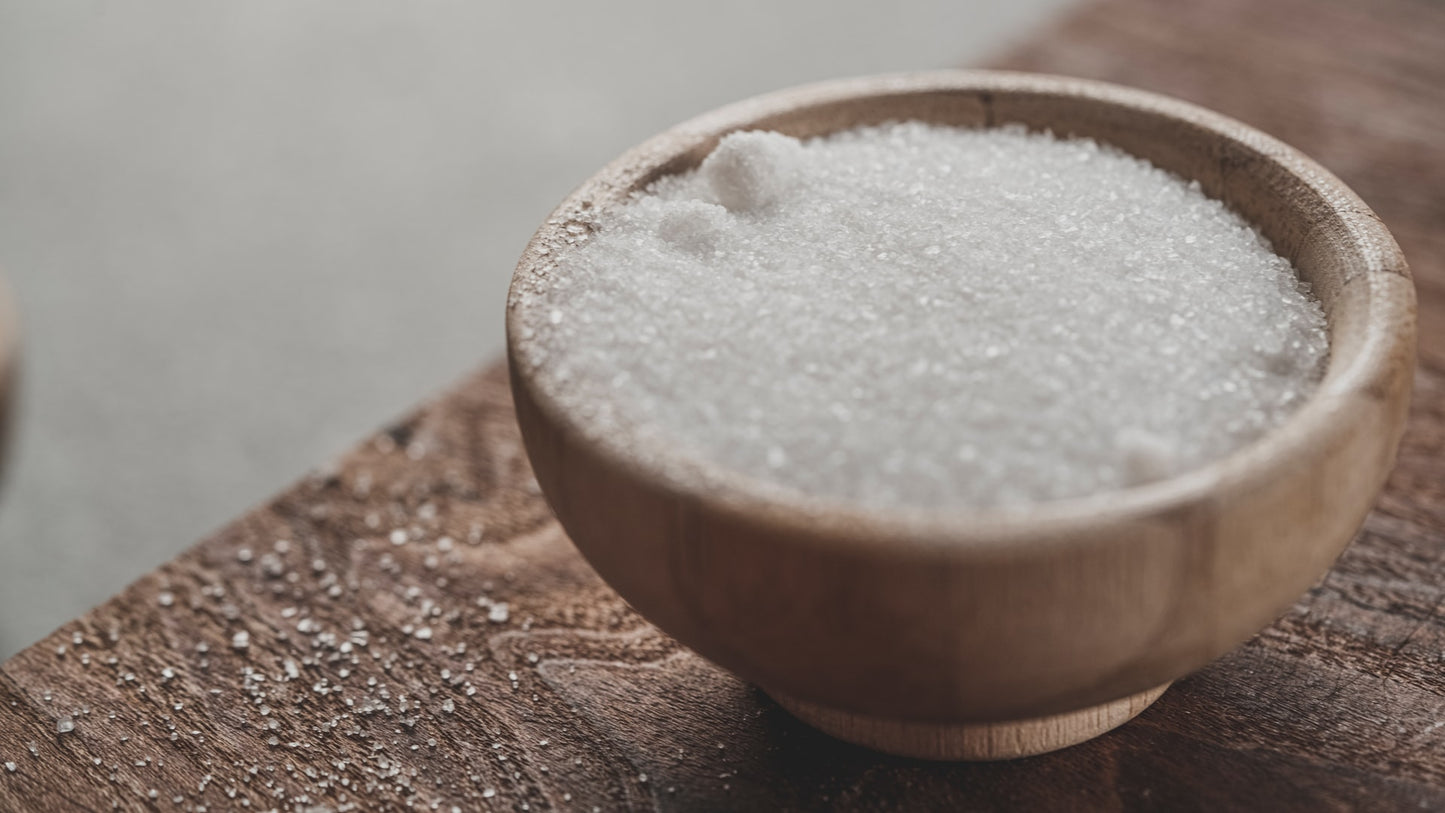
What is MSG?
Monosodium glutamate (MSG) is a flavor enhancer and preservative commonly added to canned foods, Chinese food and other processed food products. MSG has been correlated with negative health effects, though the research regarding these effects is still inconclusive. Chemically, MSG is a sodium salt is combined with glutamate. Glutamate is found naturally in dietary protein sources (e.g. meat, fish, cheese and even veggies like tomatoes), but it can also be made in the body from glutamic acid (which is found in all dietary proteins). Glutamate is essential for proper metabolism, digestive tract, and brain function.
How is MSG made?
MSG is not made inside the body. It is an ingredient that is commercially manufactured mainly by using a fermentation process, although there may be other methods. They start with a carbohydrate food such as molasses, beet sugar, or corn starch, and treat it with a bacteria which turns glutamic acid into glutamate and then into MSG. Contrary to what some believe, MSG is NOT created during the making of all protein powders. This myth stems from the idea that processing of protein breaks apart the protein into its constituent amino acids, and the "freed" glutamic acid, then acts as MSG in the body.
How are GN plant proteins made?
Growing Naturals plant proteins are produced using only water and enzymes that break apart the STARCH content (of rice and peas) only, leaving an “intact,” concentrated protein content behind. Proteases (protein-breaking enzymes) are NOT used in our process. In other words, the protein is NOT broken into its constituent amino acids, so there is no “free” glutamic. Therefore, MSG is NOT created during our process and is not present in our plant protein products. Many (but not all) rice and pea proteins are created this way.
Has GN tested for “free” glutamic acid or MSG?
Yes, third-party lab results at 0 detection for MSG confirm that there is no MSG or "free glutamic acid" in our protein powders.
Is MSG safe to consume?
To date, the role of MSG in food and its effects on health remains controversial. Many people consider themselves sensitive to MSG in food reporting symptoms like headaches, tingling or numbness after excessive intake. Other groups have blamed MSG for a series of serious neurologic and physiological disorders. On the other hand, the FDA considers the addition of MSG to foods to be “generally recognized as safe” (GRAS) owing to large-scale reviews by many scientific and/or federal organizations including the Federation of American Societies for Experimental Biology, the World Health Organization and the Food and Agriculture Organization of the United Nations2. As of 1995, glutamates were cleared as a health risk for the majority of consumers. No large-scale clinical research has been done ever since.
References:
1. How are monosodium glutamate and the other ingredients that contain MSG manufactured? Truthinlabeling.org Available at: http://www.truthinlabeling.org/HowIsItManufactured.html
2. Questions and Answers on Monosodium glutamate (MSG). U.S. Food and Drug Administration. 2012. Available at: http://www.fda.gov/Food/IngredientsPackagingLabeling/FoodAdditivesIngredients/ucm328728.htm
